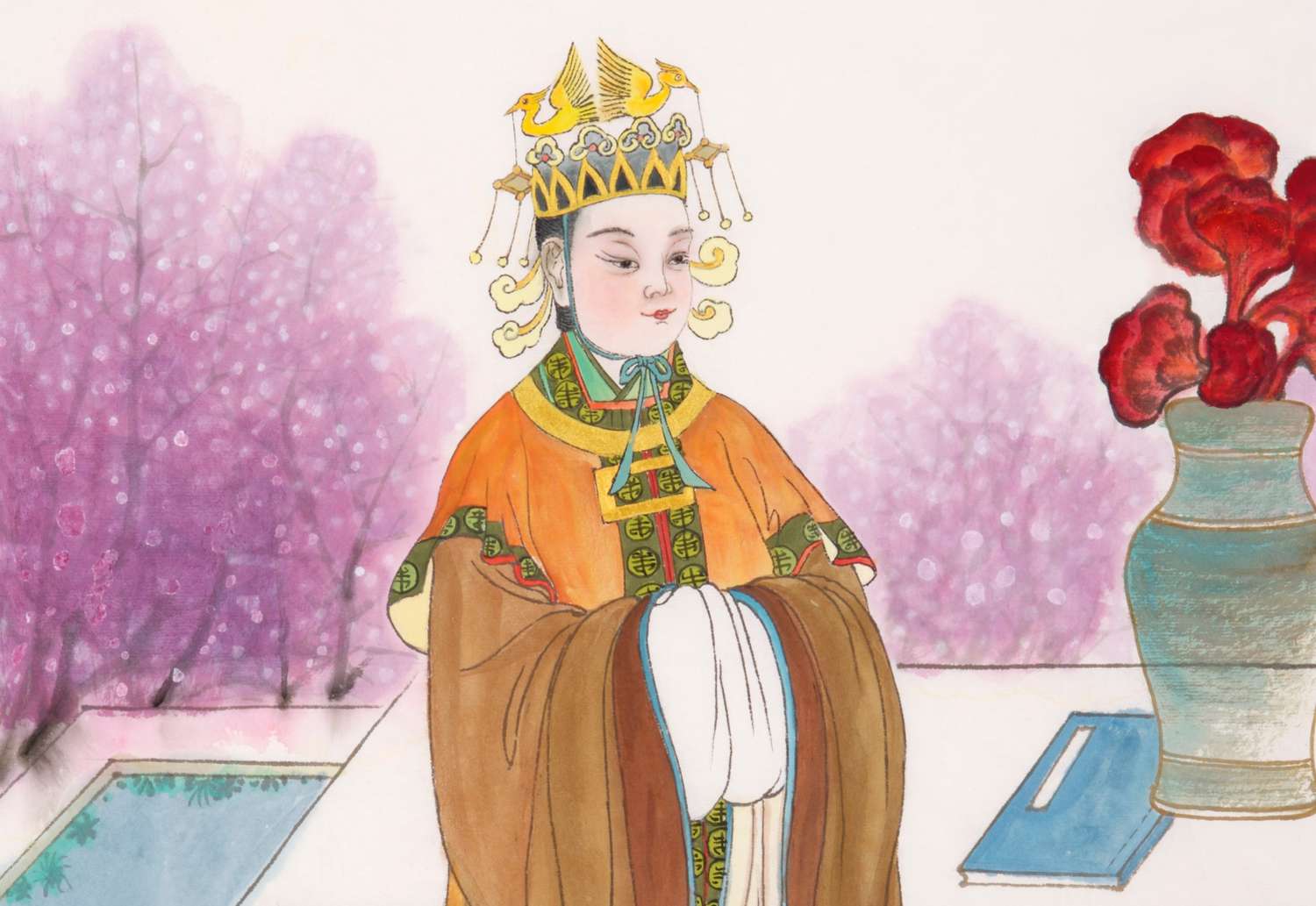nagoyasuzukiamerica.com – Wu Zetian, born in 624 CE, was the only female emperor in Chinese history. She rose from humble beginnings to become a concubine of Emperor Taizong of the Tang Dynasty. After Taizong’s death, she was sent to a Buddhist convent but was later recalled to the palace by Emperor Gaozong, Taizong’s son, who was fascinated by her intelligence and beauty. Wu Zetian quickly gained influence and became Empress Consort in 655 CE.
Reign as Empress and Emperor
Wu Zetian’s reign as Empress Consort was marked by her political acumen and strategic alliances. She played a significant role in the political intrigues of the Tang court, often acting as a regent for her ailing husband, Emperor Gaozong. After Gaozong’s death in 683 CE, Wu Zetian continued to wield power as Empress Dowager, ruling through her sons.
In 690 CE, Wu Zetian took the unprecedented step of proclaiming herself Emperor, founding the Zhou Dynasty. This move was a bold assertion of her authority and a challenge to the traditional Confucian order that emphasized male dominance. She ruled as Emperor for 15 years, until her death in 705 CE.
Accomplishments and Reforms
Wu Zetian’s reign was characterized by significant political, military, and cultural reforms. She implemented a merit-based system for selecting officials, which helped to reduce the influence of the aristocracy and promote capable administrators. This system, known as the “Imperial Examination,” laid the foundation for the civil service examination system that would become a cornerstone of Chinese governance.
Wu Zetian also focused on agricultural and economic development, promoting policies that led to increased agricultural production and commercial prosperity. She was a patron of the arts and education, advocating for the expansion of the imperial library and the promotion of Confucian classics.
Controversies and Legacy
Despite her many accomplishments, Wu Zetian’s reign was not without controversy. She faced accusations of cruelty and political manipulation, including allegations that she had her own son, Emperor Zhongzong, killed to secure her power. These accusations, however, lack concrete evidence and remain a subject of historical debate.
Wu Zetian’s legacy is complex. She is celebrated for her exceptional leadership and the stability and prosperity she brought to the Tang Dynasty. However, her methods and the means by which she achieved power have also been criticized. Her reign remains a fascinating chapter in Chinese history, marking a unique period of female rule in a traditionally patriarchal society.
Conclusion
Empress Wu Zetian’s life and reign are a testament to her extraordinary intelligence, political skill, and determination. As the only female emperor in Chinese history, she left an indelible mark on the Tang Dynasty and Chinese history as a whole. Her legacy continues to inspire and intrigue scholars and historians, making her a pivotal figure in the study of Chinese imperial history.
